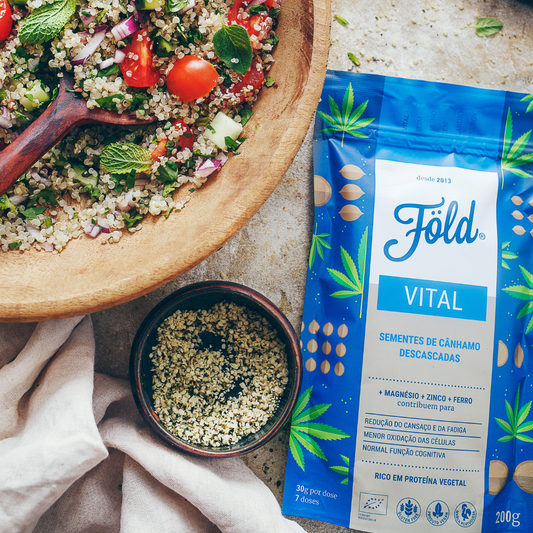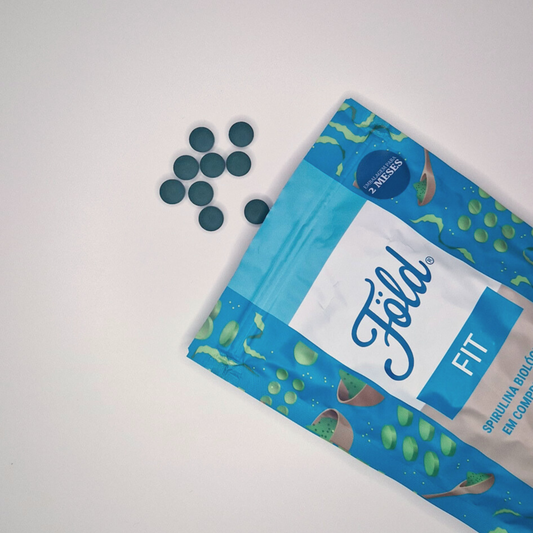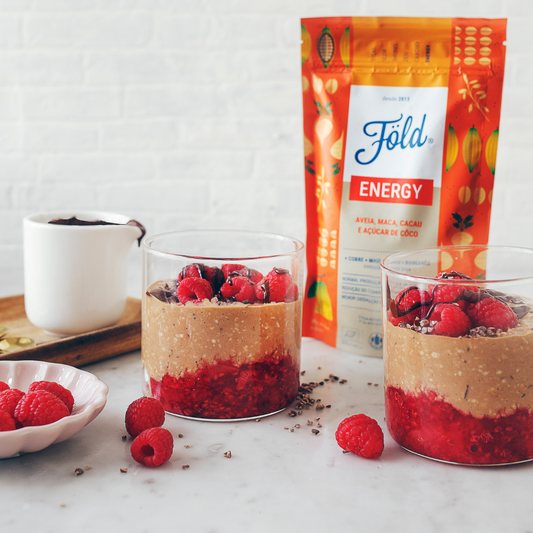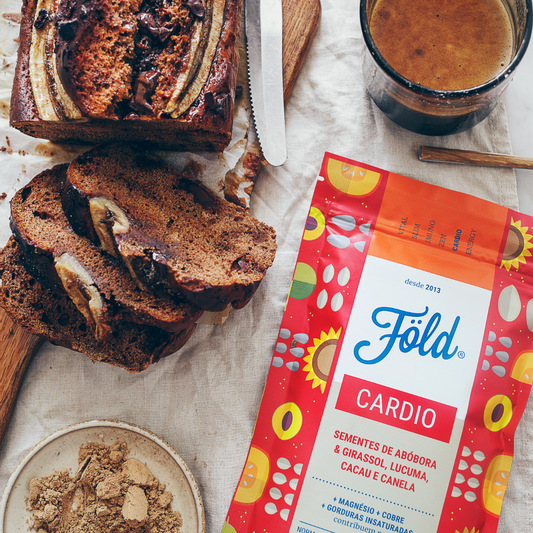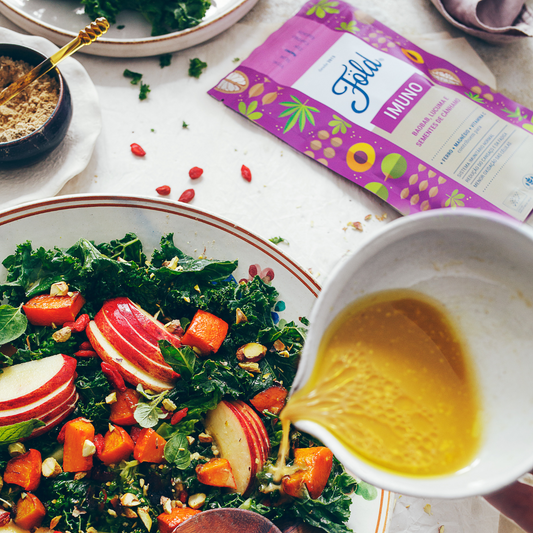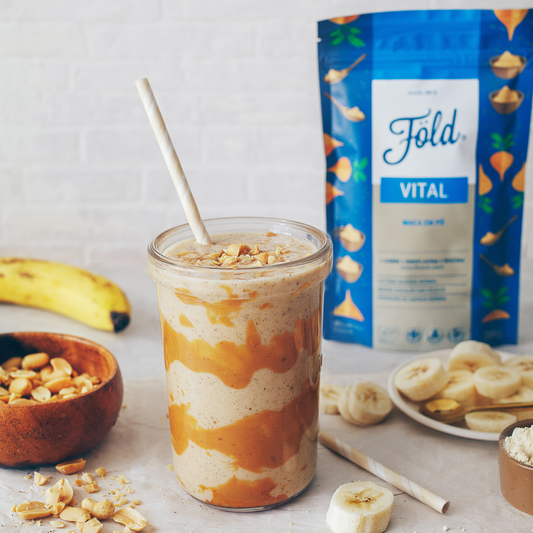When choosing the foods we consume daily, we are often faced with the choice between organic foods and conventional foods. However, understanding the differences between these two categories can help us make more conscious and informed decisions. In this article, we will explore the distinct characteristics of organic and conventional foods, from production methods to their impact on health and the environment.
-
Definition and Regulations: Organic foods are produced in accordance with the regulations and principles of organic farming. These foods are grown without the use of synthetic pesticides, chemical fertilizers and genetically modified organisms (GMOs). Furthermore, raising organic animals involves practices that favor animal welfare, such as organic food and access to outdoor areas. On the other hand, conventional foods are produced with methods that use chemical pesticides, synthetic fertilizers and may involve the use of GMOs.
-
Production Methods:
2.2 Conventional Foods: Conventional food production generally involves the intensive use of chemical pesticides to control pests and diseases. Additionally, synthetic fertilizers are applied to promote plant growth. These methods can lead to the accumulation of chemical residues in food and the environment. In conventional animal husbandry, the use of antibiotics and growth hormones is common to increase productivity and reduce disease.
-
Nutrients and Quality: Studies suggest that organic foods may have higher levels of certain nutrients, such as vitamins, minerals and antioxidants, compared to conventional foods. This can be attributed to the use of farming methods that promote healthy and diverse soils. Furthermore, the absence of chemical residues in organic foods can contribute to their nutritional quality.
-
Food Safety and Pesticide Residues: Organic foods are subject to rigorous food safety standards, ensuring they are free from chemical pesticide residues and other toxic substances. On the other hand, conventional foods can contain pesticide residues, although levels are generally within limits considered safe by regulatory authorities. However, continued exposure to these residues may be a cause for concern for some people.
-
Environmental Impact: Conventional agriculture has a significant impact on the environment. Excessive use of pesticides and chemical fertilizers can lead to soil pollution, water contamination and reduced biodiversity. On the other hand, the methods used in the production of organic food are more sustainable, aiming to conserve natural resources, preserve biodiversity and reduce pollution.
-
Price and Access Considerations: Organic foods tend to be more expensive than conventional foods due to the additional costs associated with their production. However, there are alternatives to making organic food more accessible, such as buying from local producers, participating in agricultural cooperatives or growing your own food in home gardens.
-
Myths and Realities: There are some myths surrounding organic and conventional foods. It is important to clarify that the choice between the two is not an “all or nothing” question. The most important thing is to strive to make healthy choices, considering factors such as budget, access and availability.
When deciding between organic foods and conventional foods, it is essential to consider production methods, nutritional quality, food safety, environmental impact and personal considerations. There is no one-size-fits-all answer as each individual has their own priorities and circumstances. The key is to make informed and conscious choices, seeking to balance healthy eating with environmental concerns and accessibility. Remember that small changes to food choices can have a significant impact on our health and the environment in the long term.
Föld products are a great way to complement a diet and make it even healthier and more diverse. All products have Organic Production Method certification.



